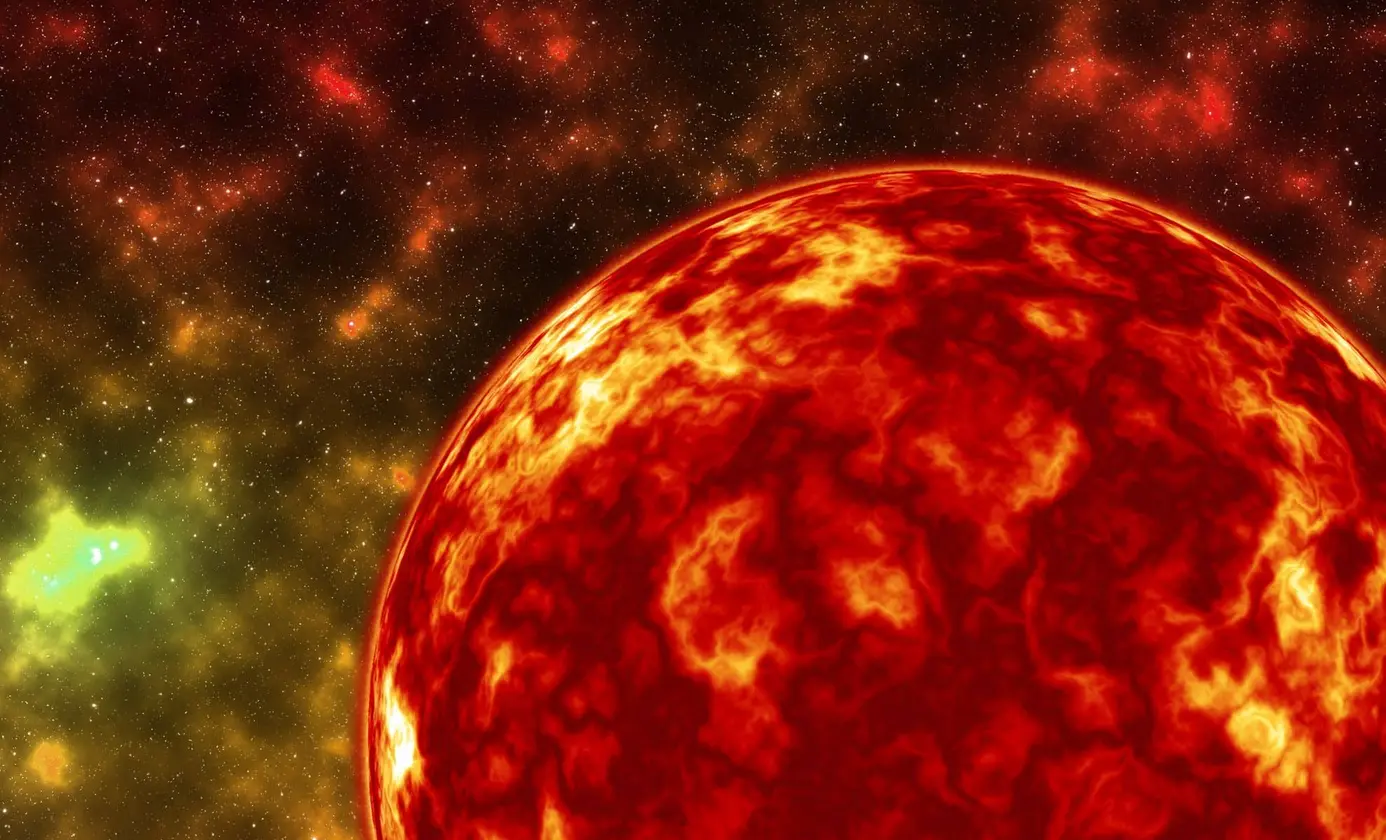T4K3.news
Study identifies reasons for Earth's ancient freeze
New research explores how volcanic activity and lack of plants led to a snowball state on Earth.
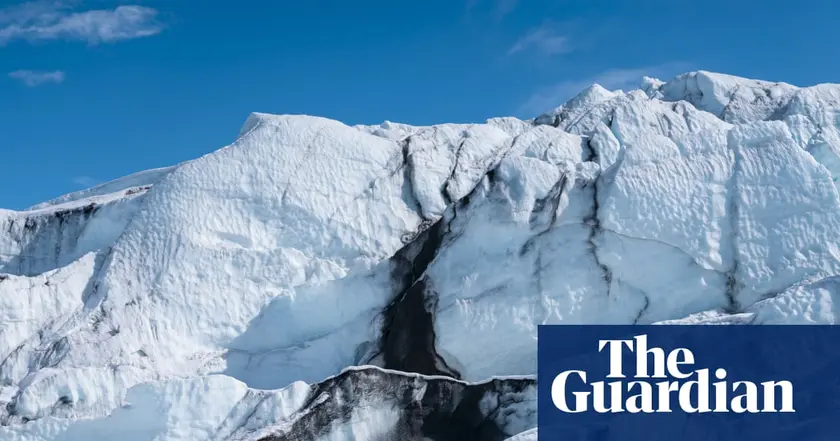
A recent study offers insights into the factors that led to Earth's global freeze.
New research reveals why Earth froze over 700 million years ago
Researchers have uncovered new insights regarding Earth’s drastic climate shift around 700 million years ago, a period known as "Snowball Earth" when the planet was almost completely frozen. The study indicates that massive volcanic eruptions, combined with an absence of plant life, played crucial roles in triggering this extreme cold. The Franklin eruptions, occurring around 720 million years ago, released substantial amounts of fresh rock across what is now northern Canada and Greenland. During this time, the climate was already cold, and the lack of plants allowed significant weathering of rocks. This weathering process drew carbon dioxide from the atmosphere, potentially causing the severe cooling that led to the snowball state. The findings were published in the Journal of Geophysical Research: Planets, highlighting that similar volcanic eruptions in warmer climates did not lead to such drastic changes due to factors like vegetation cover.
Key Takeaways
"Massive volcanic eruptions played a crucial role in triggering Earth's Snowball state."
This quote emphasizes the significance of volcanic activity during climate shifts.
"The absence of plants allowed vast weathering that pulled down carbon dioxide levels."
This highlights how the lack of vegetation drastically affected atmospheric conditions.
This research not only enhances our understanding of Earth's climatic history but also sheds light on potential implications for climate change today. The dramatic transition to Snowball Earth illustrates how volcanic activity can interplay with atmospheric conditions in unpredictable ways. As our planet faces unprecedented climate challenges, it's essential to study these ancient events to anticipate and understand future scenarios. The balance of carbon dioxide and other greenhouse gases plays a vital role in climate stability, and this research underscores the delicate interplay between geological events and the state of our atmosphere.
Highlights
- Volcanic eruptions shaped the climate of our ancient Earth.
- Weathering rock could turn an entire planet into a snowball.
- Understanding Snowball Earth helps us navigate today's climate challenges.
- The role of vegetation in climate is more crucial than we thought.
Potential risks linked to climate interpretation
The research underscores how volcanic activity and atmospheric changes can lead to extreme climatic shifts, raising concerns about future volcanic activity and its implications for our current climate crisis.
Continued research into Earth's history could inform our response to modern climate challenges.
Enjoyed this? Let your friends know!
Related News
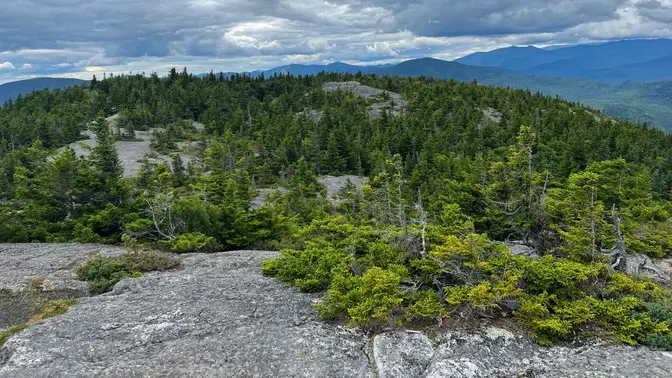
Mantle blob may shape future Appalachians

Ancient Thai site reveals early betel nut use
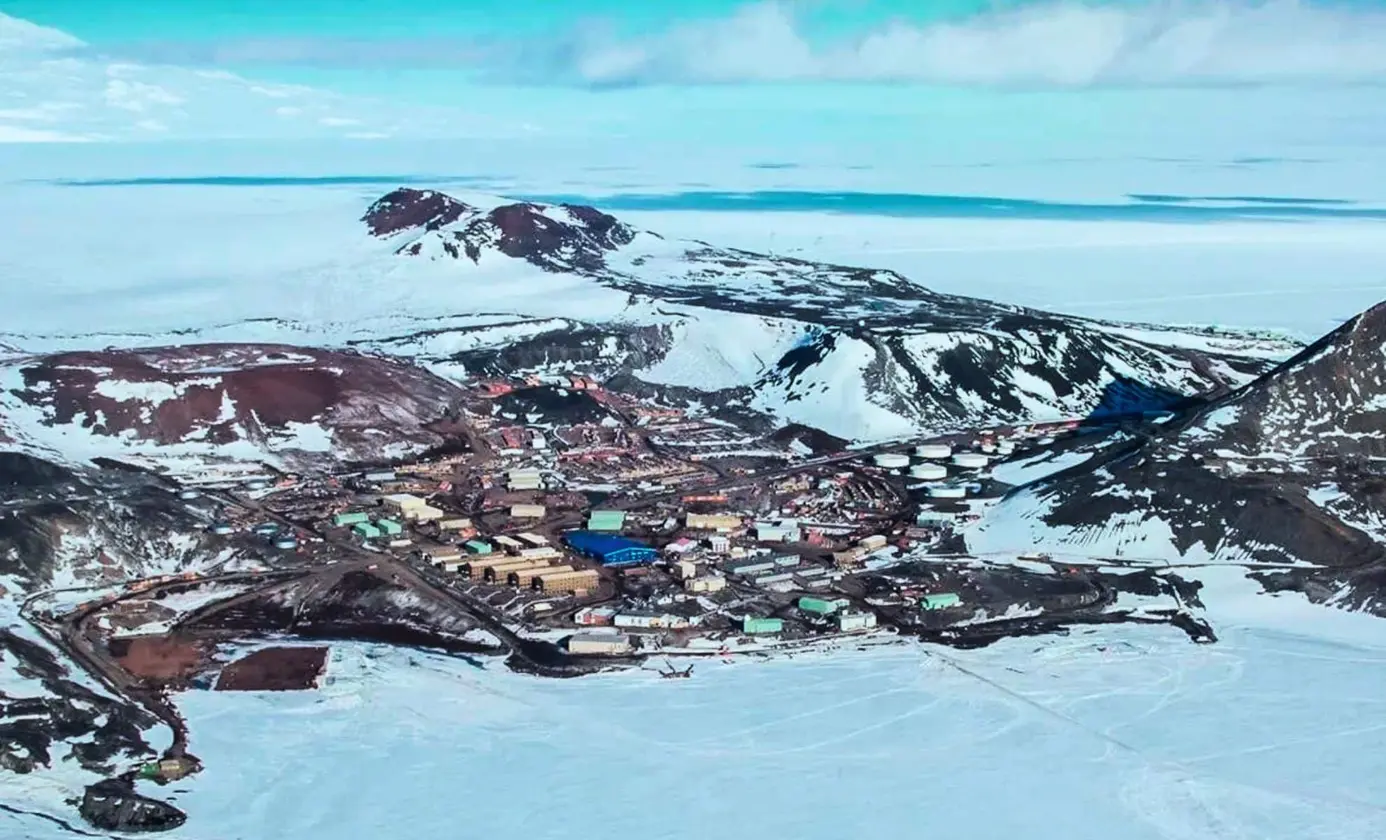
Scientists Discover Ancient Landscape in Antarctica
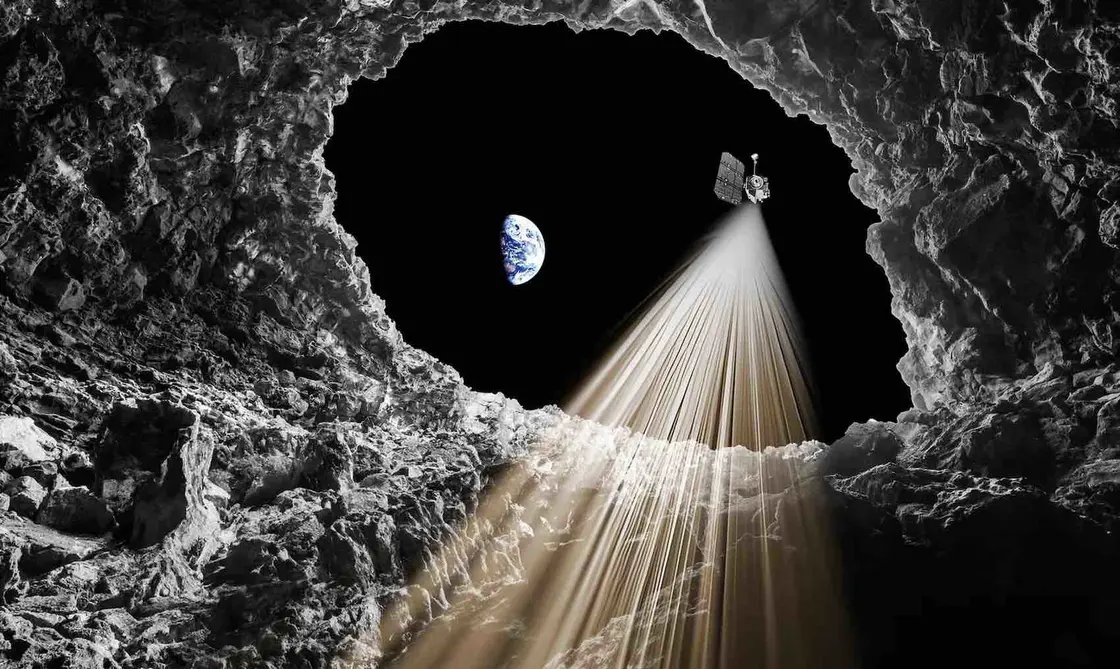
NASA Discovers Cave Entrances on the Moon

New marine reptile species discovered in Germany

Astronomers identify new star orbiting Betelgeuse
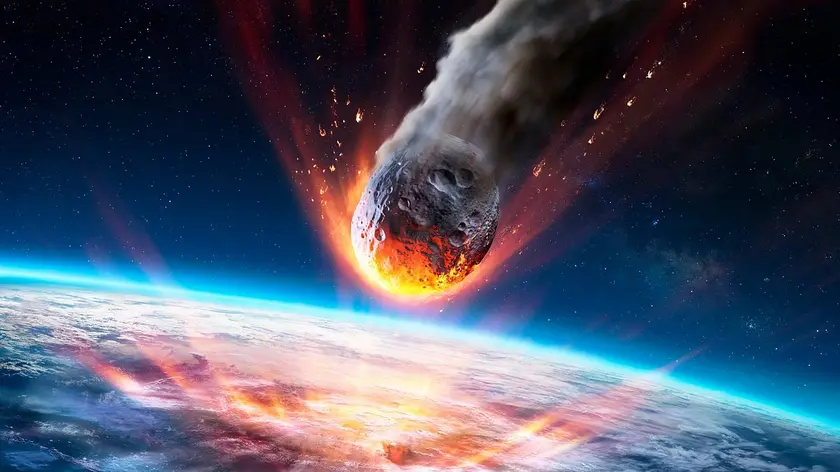
Louisiana airburst fuels debate over lost civilization

Meteorite from asteroid belt hits Georgia home
